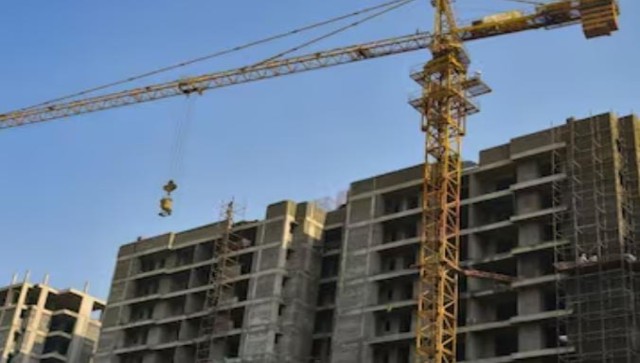After the pandemic’s drop in 2022, the real estate sector saw significant growth, and it is now optimistic that this rising trend will continue. What do the major players in the real estate sector expect from the government as the 2023 budget approaches? Real estate developers across the country are largely anticipating support in the form of an increase in the tax exemption on home loan interest under section 24 from the current cap of 2 lakhs per year to a maximum of 5 lakhs. Incorporating such measures is necessary to boost housing demand, particularly in the affordable housing market. The Capital Gains Tax rate, which is currently 20 per cent, should be lowered, according to industry experts. It is also necessary to take another look at the $2 Crore limit on Capital Gains for reinvesting in two properties since such actions will result in the much-needed easing of capital gains. Such initiatives will increase affordability and encourage more consumers to own homes. Additionally, section 54’s current rule, which restricts claims for long-term capital gains from sales of existing properties to situations in which the construction of a new property is complete within three years of the sale, should be repealed because it is unreasonable given the state of the market. Residential developments today are big and all-encompassing, and house buyers demand top-notch amenities and environmental compliances. Due to all of this, three-year completion is frequently tough, which makes it difficult for homeowners to realize capital gains while their homes are still being built. A very welcome step toward boosting this business would be the extension of the deadlines for under-construction structures to offset capital gains. The affordable housing market, which has suffered the most from the Covid 19 pandemic, is one of the major sectors of the real estate industry. The government must provide incentives to encourage developers to invest in this segment of the business. The pandemic had a substantial impact on the availability of affordable housing since the buying class lost their jobs and experienced income reductions. The time is right to break this buyer class’s hiatus, increase supply, and introduce corroborating programmes to do so. Currently, affordable dwellings are classified as being under 50 lakhs, but this categorisation needs to be revised based on regional market conditions, as the definition of affordable housing varies from tier I to tier II cities. There are many people who buy homes in this range, so they should be dealt with considerably. Perhaps raising the threshold from 50 lakhs to 1 Crore will encourage new companies to enter this market and spark their interest. By 2025, the real estate sector is expected to fund 13 per cent of India’s GDP, continuing to play a significant role in the development of this nation. Real estate also happens to be the industry that produces the second-highest amount of jobs, only second to the agriculture industry. The government has always supported this industry because it sees it as a vital partner in the growth and development of the nation. However, the circumstances following Covid-19 call for a different approach and creative way of thinking. The real estate sector looks forward to several much-needed and desired adjustments as a result of the upcoming budget, which would ultimately help India’s growth story while also benefiting both customers and developers. The author is Director, BlackTeak Realty. Views are personal. Read all the Latest News , Trending News , Cricket News , Bollywood News , India News and Entertainment News here. Follow us on Facebook, Twitter and Instagram.
By 2025, the real estate sector is expected to fund 13 per cent of India’s GDP, the sector also happens to be the industry that produces the second-highest amount of jobs
Advertisement
End of Article


)

)
)
)
)
)
)
)
)



